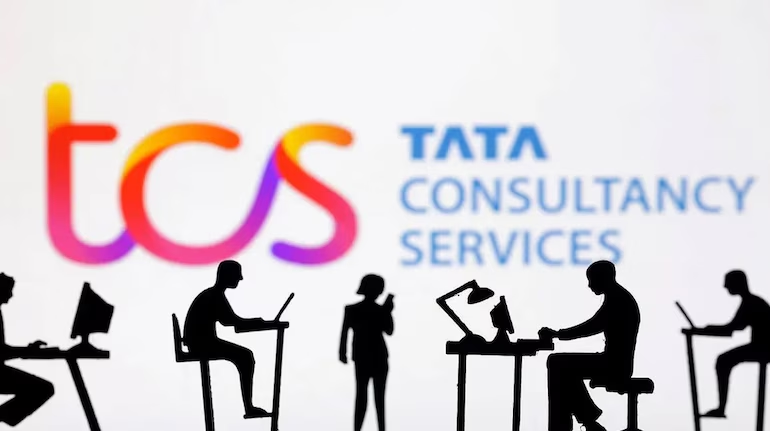Anxiety Grips TCS Employees as Layoff Fears Mount; Unions Claim Numbers are Far Higher
Two months after Tata Consultancy Services (TCS) CEO K. Krithivasan announced that India’s largest IT firm would cut approximately 2% of its workforce—translating to over 12,000 jobs—a palpable wave of panic, uncertainty, and anxiety has swept through the company’s ranks. The official restructuring, attributed by the company to making the organization “future-ready” and aligning skills with market demand like AI, is being met with disbelief and distress by current and former employees.
A key point of contention is the significant disparity between the officially stated job cuts and the numbers being alleged by employee groups and affected staff. While TCS officially maintains the figure of 12,000, multiple sources and IT unions claim the true count of people being forced out is dramatically higher, potentially running “way over 30,000.” Some social media discussions and unverified reports have even floated figures as high as 80,000, though TCS has vehemently denied these extreme claims as “incorrect and misleading.”
The Controversy of “Forced Resignations”
The central issue fueling the anxiety is the widespread allegation that employees are being pressured or coerced into submitting their resignations rather than being formally terminated or laid off.
According to a mid-level TCS employee involved with a national-level IT union, “Approximately 10,000 impacted employees had directly approached us since June. The layoffs could easily go over 30,000. Since employees are asked to resign themselves and are not being terminated by the company, these numbers won’t show up in TCS’ records—maybe only in their attrition figures.”
Reports from affected individuals describe being placed on an internal “fluidity list,” given little notice, and then presented with a difficult choice: resign immediately with a small severance (often three months’ salary) or face termination, sometimes without severance or even being forced to repay training costs. This alleged tactic allows the company to manage headcount without the legal and procedural scrutiny associated with mass retrenchments.
Union Resistance and Company Response
The mass exits, whether voluntary or forced, have triggered protests and campaigns by numerous IT employee unions, including the All India IT & ITeS Employees’ Union (AIITEU), Forum for IT Employees (FITE), Union of IT & ITES Employees (UNITE), and the Karnataka State IT/ITeS Employees Union (KITU). These groups are actively demanding transparency and fair compensation for employees they argue are being victimized for commercial reasons, not necessarily poor performance.
Conversely, a source close to the company strongly disputed the unions’ elevated numbers. They characterized the union’s claims as “a narrative built to gain recognition,” arguing that such a massive reduction in the workforce would fundamentally prevent TCS from operating and fulfilling its obligations, especially given the continuous stream of new deal wins.




